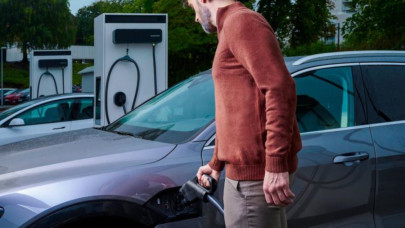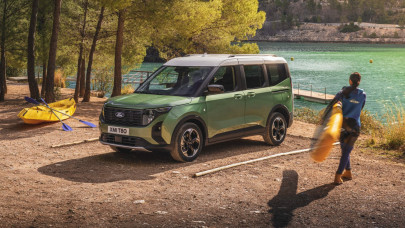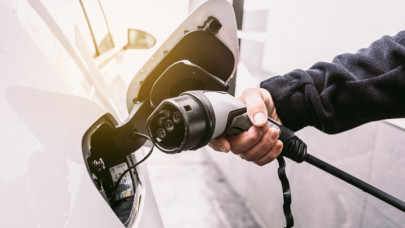From an analysis carried out by EVconnect, a company specializing in the installation of electric car charging systems, together with V2C, a European manufacturer of electric stations it appears that the investment to buy and install at home a station with a Type 2 connection varies between RON4,800 (€960) and RON6,500 (€1,300) including installation. This depends on the power of the station, the complexity of the work, the distance between the electrical panel, and the location of the station.
Installing a home charging station has some challenges related to location and available power. However, it does not matter that the power supply is lower than the maximum power provided by the station. Power stations like V2C Trydan have the possibility to limit the charging power according to household consumption and the maximum contracted power.
What features a station must have to reduce its charging costs:
- Connectivity with the inverter. V2C Trydan has the possibility to connect to any type of inverter without additional devices, thus reducing the cost of installation.
- Management application. This function of the Trydan station provides information about the energy used during each charging session and allows the exclusive use of the surplus energy produced by the panels as well as the power supply directly from the batteries.
- Dynamic loading. The recommendation of EVconnect specialists is to have 32 amps secured. You can see this in the electricity supply contract. Depending on the connection you have, you can install a single-phase (7 KW) or three-phase (22 KW) station, the intelligent stations can also provide dynamic power balance depending on the available current.
- A cable as long as possible. One of the most important features is that the home power station has a long cord. This gives you flexibility. Therefore, the power station must have a cable at least 5 meters long. If you have two cars and only one station, a long cable helps you charge them without moving them. A long cable also helps in the future, in case the next electric car has the charging port located differently on the car than the one you currently have.
- Compliance certification and correct installation. This certifies that the power stations meet safety standards. Also, significant for quality charging, thus extending battery life, is MODE 3 communication between the station and the car.
To find out how much it costs to “fill up” an electric car at home, multiply the net capacity of the battery by the price you have for one kWh on your energy bill.
For example, a Tesla Model 3 that has a battery with a net capacity of 57 kWh can be charged at home at a cost of 57 lei, if you have a tariff of 1 leu/kWh at the energy supplier. Thus, you can travel about 400 km with a Tesla Model 3 at the cost mentioned above.
EVconnect engineers have been providing consultancy in the purchase and installation of electrical substations for over ten years for commercial premises, offices, and residential customers. The company owns one of the largest public charging networks in Romania, which will have over 500 electric stations by the end of the year.














